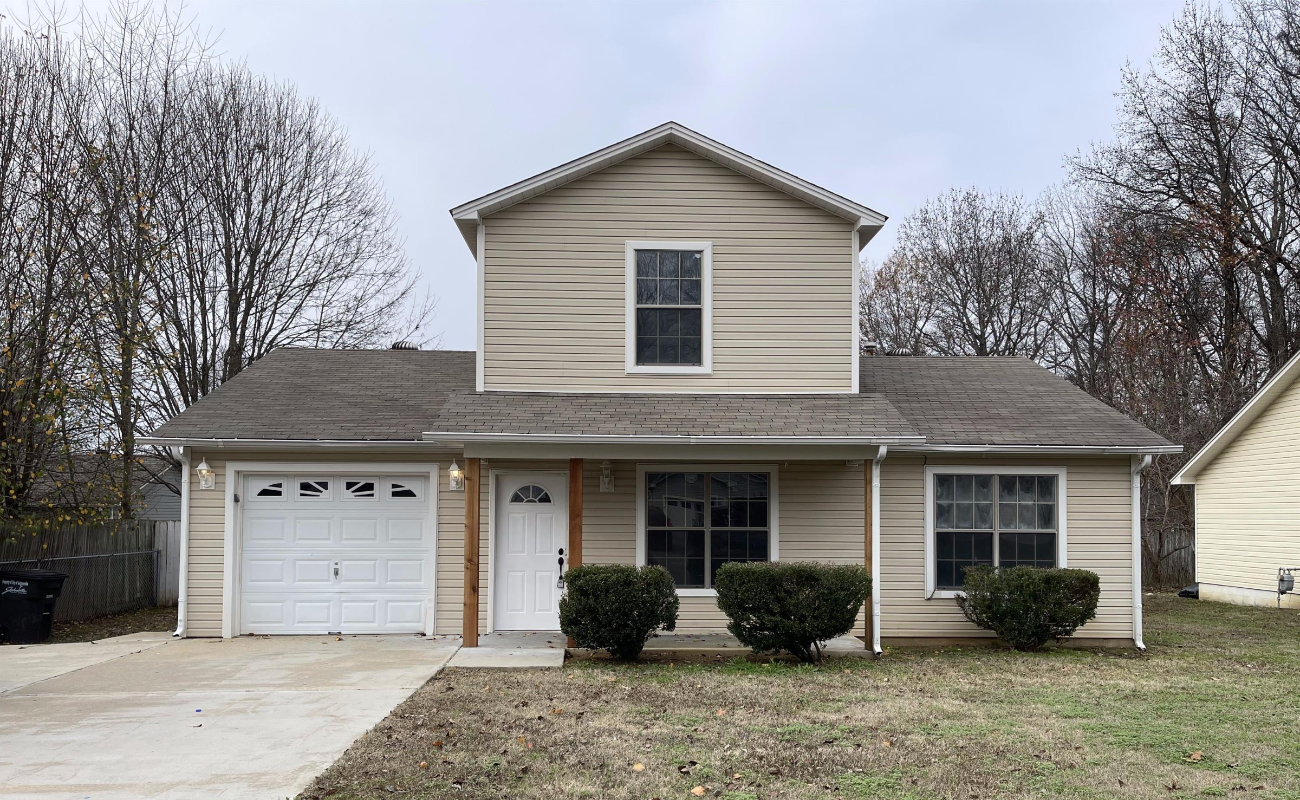The real estate market can feel overwhelming, especially if you’re new to buying or selling property. Whether you’re putting your home on the market or searching for your next one, understanding Arkansas real estate laws is essential. Knowing these laws can help you avoid costly legal mistakes and ensure a smooth, successful transaction for all parties involved.
Disclosures
In Arkansas, sellers are legally required to disclose any known defects that could impact a property’s value or safety.
This includes issues related to plumbing, electrical systems, and structural integrity.
Failure to disclose these problems can result in serious legal consequences, such as being sued for breach of contract or even fraud!
If your property has significant issues, it’s always better to be upfront with potential buyers. Transparency not only builds trust but also protects you from legal challenges that could arise from undisclosed safety concerns.

Understanding Property Taxes Under Arkansas Real Estate Laws
1. Property Taxes
Arkansas’ property tax system is based on the assessed value of the property, which is determined by the county assessor.
The local government sets the tax rate, and property taxes are due annually.
Failure to pay these taxes can lead to penalties, fines, or even foreclosure. To avoid the risk of losing your home, it’s essential to stay current on property tax payments.
2. Homeowners Associations
Many residential properties in Arkansas are governed by Homeowners Associations (HOAs). These organizations enforce specific rules and regulations that all residents must follow.
HOA rules can cover a wide range of issues, from the color of your home’s exterior to the number of vehicles allowed in your driveway.
Before purchasing a property governed by an HOA, it’s vital to thoroughly review the association’s rules and dues. If you prefer more freedom in how you maintain and modify your home, an HOA neighborhood might not be the best fit for you.

3. Foreclosure Laws
If a homeowner falls behind on mortgage payments, the lender has the legal right to foreclose on the property. Additionally, failure to pay property taxes can also trigger foreclosure.
Under Arkansas Real Estate Laws, the foreclosure process can be complex and time-consuming, but homeowners have rights during this process. For example, if you can pay the amount owed before the foreclosure sale, you may be able to stop the foreclosure from proceeding.
4. Budgeting for Closing Costs
When preparing to purchase a home, it’s essential to budget for closing costs.
Closing costs typically range from 2-5% of your loan amount and cover various expenses such as appraisals, attorney fees, taxes, and title insurance.
Buyers should carefully review these costs to understand the total financial commitment involved in the transaction.
Don’t be afraid to ask questions!
If you’re in the process of buying or selling a home and have questions about Arkansas real estate laws, don’t hesitate to seek professional advice. The laws can be complex and vary depending on the property and its location.
Working with a knowledgeable real estate agent ensures that you’re fully prepared and informed, helping you navigate one of the most significant transactions of your life. For expert guidance or to start the buying or selling process, contact Edge Realty today!
